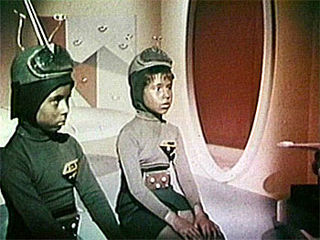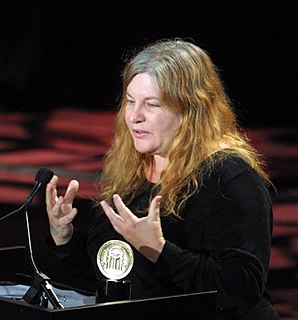A Quote by Rob Reiner
The reason they don't make movies for adults and for people which are the largest bulge of the population is because they are not usually going to the movie the first weekend. They take a while to learn about it, probably word of mouth. It takes a lot of money to release a picture.
Related Quotes
It really has been a blessing because you can go and look at our other movies we've done in a studio system. We didn't get to make the movie that we wanted to make. We made the movie that someone else wanted us to make. That can be a little disheartening, a lot disheartening. While there have been struggles, it doesn't matter which table you're at because you're going to have obstacles, but I kind of like being able to make the movie that you want to make.
The StarTalks - while kids can watch them, they're actually targeted at adults. Because adults outnumber kids five to one, and adults vote, and adults wield resources, and adults are heads of agencies. So if we're going to affect policy, or affect attitudes, for me, the adults have always been the target population.
The bigger problem still is that it determines in many ways what movies get made in the first place. Because as sources of finance are considering a project, they ask themselves, "Does this lend itself to a simplistic marketing approach which will guarantee a big opening weekend?" As a movie-goer, I think that's tragic, because when you look back at those movies that made us fall in love with movies in the first place, most of them were not high-concept, and most of them would not have "won their weekend."
Now it's all about the word of mouth, and watching a series on Netflix. That's the way people actually consume this stuff now, instead of waiting for a DVD release you're not really sure you want to buy. And I think it's fantastic, because then I can watch the shows that I missed, over a weekend. I love doing that.
In making a movie, you're part of a big machine. Even in a small movie there are still so many people involved in the process, and it costs so much money to make. There is so much more invested in it for a lot of different people, so much money is sunk into it that they usually want some guarantee or promise that it's going to be able to do something on a financial level. There's just a lot more messing with you in film. I love movies and I love to watch movies and being a part of the whole film experience.
I feel like everybody's waiting for a job y'know, you can make a movie on your phone. And so there really is no reason to worry about how to get in with people- and you can do that, there's a lot to learn working for people -but you can just make a movie, where in the old days that was completely impossible.
I tell everybody on the first day of making a movie that if anyone's here to further their career, they should leave. I'm gonna make the movie in such a way that we won't have a career when this movie comes out. Because the people who hold the moneybags are not going to want to share any of that money with us to make the next movie!
Stephen King told me a long time ago, when he gave me some advice about the movies. He said to take the money up front and expect it to be something different than the book and if you don't like that don't deal with Hollywood. But if you take the money, shut up and don't criticize the film because you sold it. The movie doesn't change a word of the book.




































